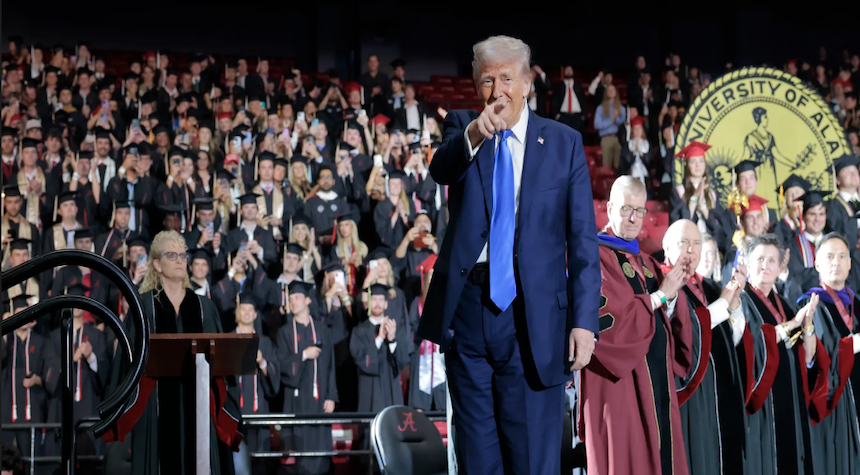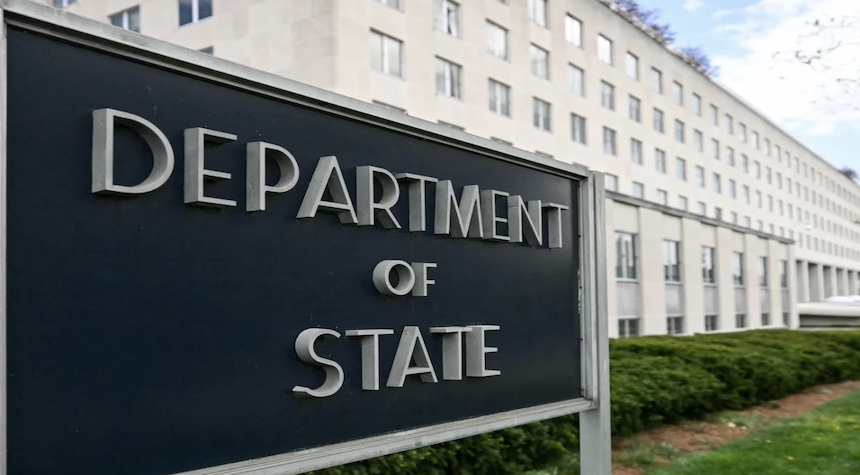The entire membership of the Fulbright Foreign Scholarship Board has tendered their resignation. They released a statement on Wednesday, citing political interference from President Trump’s administration in the esteemed exchange program as their reason for stepping down.
The 12-member board alleges that the Trump administration has “usurped the authority of the Board.” According to their statement, this usurpation includes denying Fulbright awards to a significant number of individuals handpicked for the academic years 2025-2026. The board also contends that an additional 1,200 international Fulbright recipients are currently subjected to an unauthorized review process, with the possibility of further rejections.

The Fulbright Foreign Student Program, supervised by the board, provides opportunities for international graduate students, young professionals, and artists to study and conduct research in the United States. This government-funded, non-partisan program was established by Congress in 1942 during President Harry Truman’s administration. It operates in over 160 countries globally, offering scholarships to approximately 4,000 foreign students annually.
The board claims the awards overridden by the administration were mainly in fields of biology, engineering, architecture, agriculture, crop sciences, animal sciences, biochemistry, medical sciences, music, and history. The board maintains that it raised these legal issues and its strong objections with senior Trump administration officials on multiple occasions, both verbally and in writing. Yet, these concerns have been dismissed.
In response to the board’s resignation, a senior State Department official described it as “a political stunt attempting to undermine President Trump.” The official further stated, “It’s ridiculous to believe that these members would continue to have final say over the application process, especially when it comes to determining academic suitability and alignment with President Trump’s Executive Orders.”

The board, however, refutes these claims, asserting that their decision was not one taken lightly. They call upon Congress, the courts, and future Fulbright Boards to “prevent the administration’s efforts to degrade, dismantle, or even eliminate one of our nation’s most respected and valuable programs.” In their concluding remarks, they argued, “Injecting politics and ideological mandates into the Fulbright program violates the letter and spirit of the law that Congress so wisely established nearly eight decades ago.”
To conclude, the Fulbright Foreign Scholarship Board resigns, citing political interference from an administration that they believe contradicts the mission of the program. This raises important questions about the future of this esteemed exchange program, the impact on its current and prospective recipients, and its long-term legacy.

